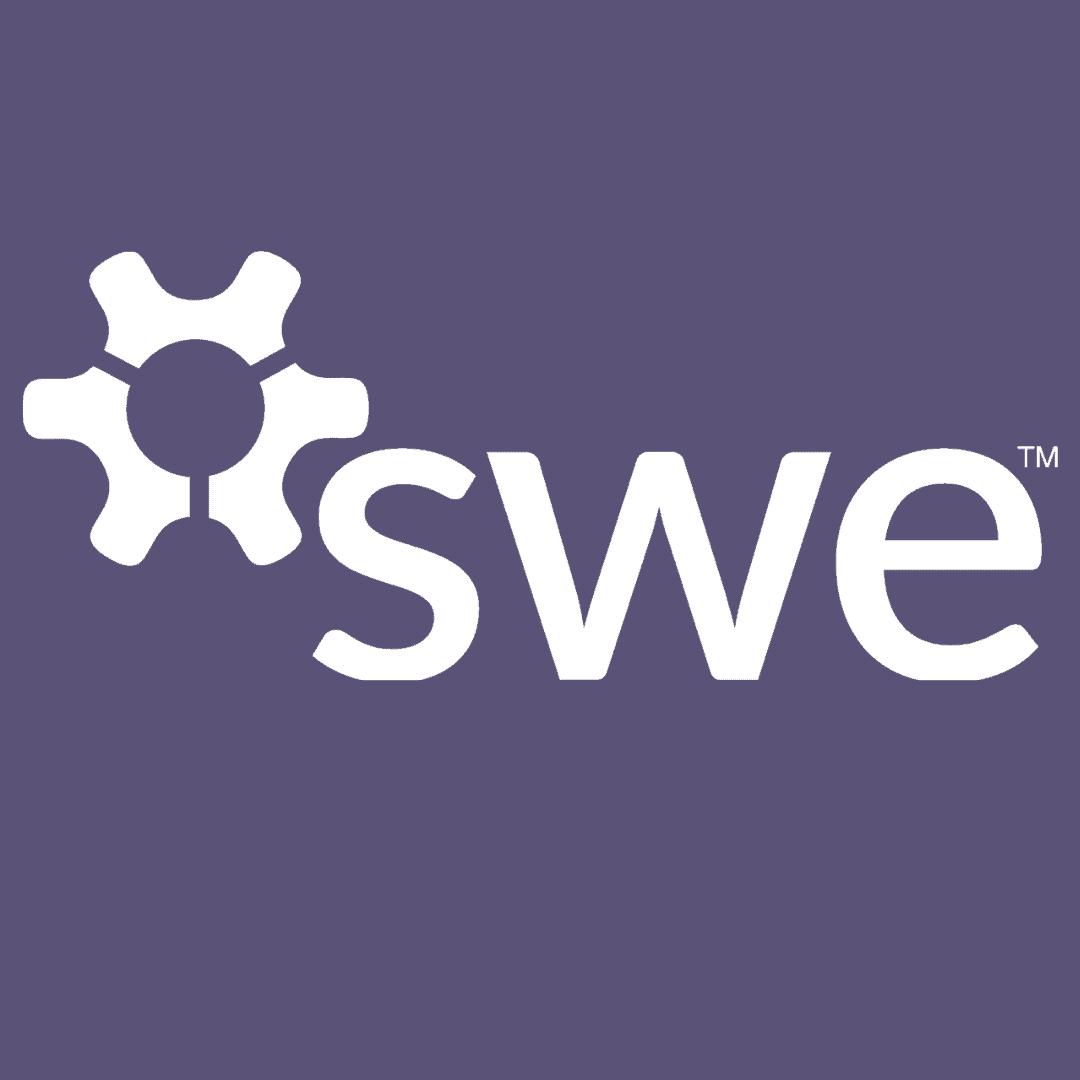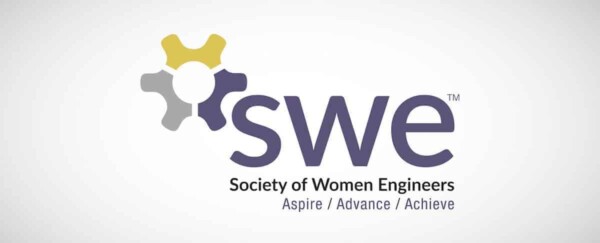Here are some things you can do during winter break to help you prepare for college:
Freshmen:
Student Clubs and Organizations: Now that you have completed at least one semester of high school and are mostly familiar with the organization and processes involved in high school, it is a good idea to start seeking out organizations or clubs that you can join as a student. These organizations typically offer opportunities for students to meet others and form friend groups outside of classes, have fun doing things they enjoy or find new passions, and gain valuable experience to include in future job or college applications. The available clubs and organizations differ from school to school, but some common examples are Speech and Debate clubs, choir or band, varsity sports teams, Mathletes, the National Honor Society, community volunteering groups, Girl Scouts, Boy Scouts, STEM clubs, and more! And of course, you can always join or start a SWENext club!
PSAT Prep: Although the PSAT/NMSQT exam is a standardized test that most students do not take until at least the tenth grade, it is a good idea for you to start studying for the exam early. The PSAT exam can help you prepare for the SAT and ACT exams that you will take in your upcoming years of high school. The College Board has compiled a list of PSAT practice resources that you can view here.
Read: The importance and benefits of reading can never be emphasized enough! While school days do not allow much time for personal reading outside of course requirements, school breaks are generally a great time to get some personal reading in. Whether you are into contemporary literature, classics, history, or science, reading is a great way for you to prepare for your college challenges. If you are not sure where to start, you can look up lists of books commonly required in literature classes or included in College Board exams.
Sophomores:
- Research Colleges: While college is still a couple of years away, you can start researching the college options you have and rank them according to your current priorities. Some factors to consider in your ranking are the college location, tuition cost, available academic study options, and extracurricular opportunities, among others.
- Check out SWENext’s archive of Collegiate SWE Section videos: This is where SWE members from across the country explain what makes their college, engineering school and SWE section great. Get a virtual feel for what colleges may be the best fit for you, straight from those who know best! Once you have a list of prospective schools, you can then revisit and refine the list as you get closer to graduation. You can also take a look at SWENextTV Episode 2: College Prep Series – College Considerations for some more ideas of what types of things to consider as you weigh your college options.
- Research Majors and Careers: You definitely do not need to know at this point what college major you are interested in studying or what career you would like to pursue. However, it is never too early to start researching the options you have. You can begin with careers related to the subjects you enjoy most at school, or you can research uncommon careers that you have never heard of before. If you find a profession that interests you, you can reach out to others who have pursued the profession to learn more about what it is like.
Juniors:
- SAT Prep: Most students take the SAT exam in April of their junior year, and many students will take the exam multiple times before graduation. Many colleges require an SAT score for admission and for determination of scholarship eligibility, so it is very beneficial to complete some form of preparation for the exam. Often your local library will have SAT prep books that you can borrow over winter break. The College Board website also has some practice exams and other preparation resources that you can find here.
- Schedule College Tours: Since you will be applying for college in less than one year, it is a good idea to schedule college visits and tours over the next few months or for the upcoming summer. You may spend several years at your selected college, so it may help to see the college campus to help determine which college is best for you. Some colleges even offer virtual tour options to help students avoid unnecessary travel, especially during the pandemic.
- Research SWE Scholarships: You can also read up on SWE scholarships to see if you may be eligible for one of the dozens of scholarships available for women pursuing bachelor’s degrees in engineering, tech and computer science fields.
Seniors:
- College Applications: Make sure that you complete and submit your college applications within the deadline specified by the college. You can ask your senior advisor/counselor or a teacher to review your college application essays and provide feedback before you submit the application.
- Research College Finance: College can be costly, so it is important to understand the different options you have available to help pay for tuition. Make sure you complete and submit your FAFSA application on time to find out what financial assistance is available to you in the form of federal grants and loans. You can also apply for local or national scholarships to help pay for college tuition, books, or housing.
- Check out the SWENext TV: There are episodes below to learn more about the college application process, scholarships and financial aid:
You can find even more information about preparing for college here. Good luck, and have a great winter break!
Author
-

Amar Dabaja is an Electrical Hardware Engineer at Veoneer, where she designs passive safety electronics for automotive applications. Amar graduated from Lawrence Technological University in 2021 with a bachelor’s degree in Electrical Engineering.






